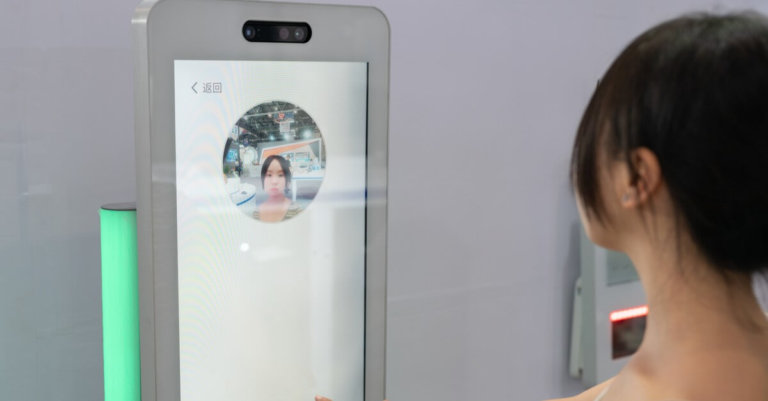
Technology has majorly disrupted education in the past few years, and it shows no sign of slowing down in 2020.
One technology projected to have wide use by educational institutions by the end of the new decade is facial recognition software.
Facial recognition technology in Chinese schools. Mashallah! pic.twitter.com/VGRrweM3uM
— Lijian Zhao 赵立坚 (@zlj517) June 30, 2019
The New Straits Times recently reported that a school in Johor, Malaysia, has become the first in the country to adopt facial recognition software to mark attendance in classes. It was introduced on the first day of the 2020 school session.
The system takes two seconds to scan a student’s face, then stores their personal information such as full name and class number into the school database.
Two face scanners have been installed at the school, as well as another for teachers and staff members.
The public school SK Taman Perling 1 headmaster Zamri Abd Wahad said that the system aims to reduce teachers’ workload so they no longer have to mark attendance manually.
While this school is the only one so far in Malaysia to adopt facial recognition software for roll call purposes, it’s a reflection of a growing trend in other countries.
Schools in Chennai, India, are also experimenting with the software – finding it beneficial in increasing attendance rates.
Felsia Sumangaladevi, the headmistress of one of these schools, told The Hindu, “Though we expect them to be in by 9.15 am, around 60 to 70 students were coming even after 10 am. Now, this has reduced to just around ten.”
Is facial recognition software ethical?
With advances in biometric technology, facial recognition today has been touted as a potential tool to help teachers, but controversies and furious debates have typically followed reports of its use in schools and universities.
In the US, schools have been piloting facial recognition software for security purposes in the event of a school shooting.
However, critics and activists have raised ethical concerns over the use of facial recognition software when it comes to minors and how these stored images could end up in the wrong hands, in addition to the infringement of citizens’ rights to privacy.
Facial recognition is coming to U.S. schools, but the evolving technology is raising new privacy and civil rights concerns https://t.co/u6U3b38SCZ pic.twitter.com/NpytIF9JW0
— CBS News (@CBSNews) June 5, 2019
In China, it was announced a few months ago that the government plans to curb and regulate the technology along with other similar apps.
This came after online criticism over privacy concerns following the growing popularity of facial recognition technology in schools and universities, such as the implementation of a network of monitoring devices that gave teachers feedback on concentration levels in students at a high school in Hangzhou.
Liked this? Then you’ll love…
8 books every young adult should read in 2020
4 major education trends that will influence schools in 2020







